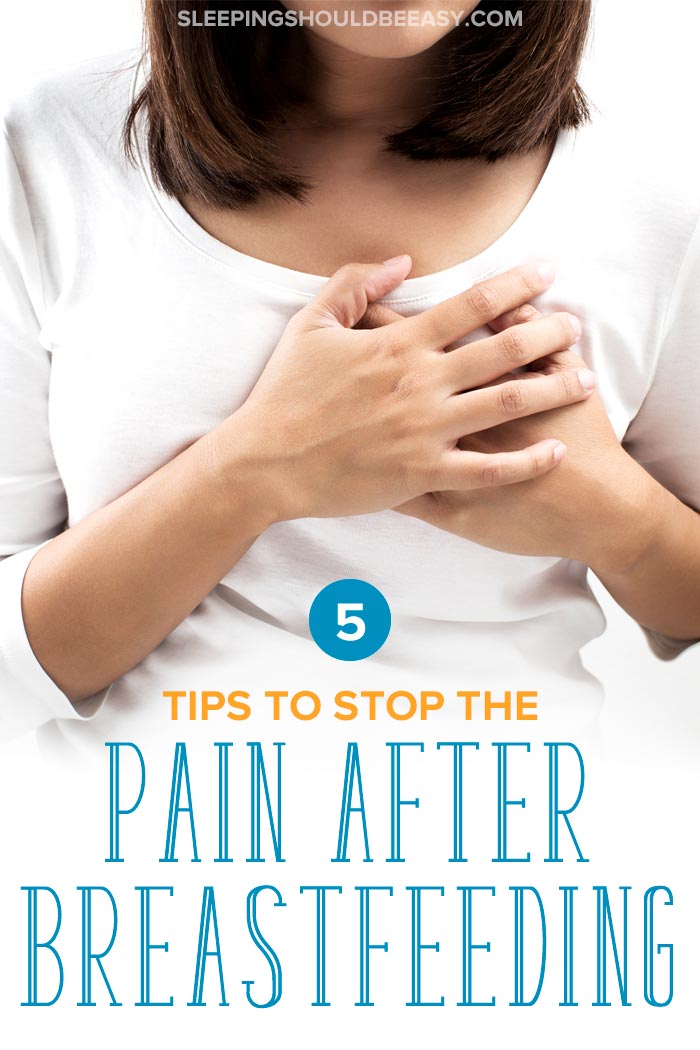Burning Sensation in Breast Causes, Symptoms, and When to Seek Help
Breast health is a matter of paramount importance for individuals of all genders. When unusual sensations like a burning feeling in the breast occur, it can understandably raise concerns. In this comprehensive guide, we will explore the meaning behind a burning sensation in the breast, the potential causes, and what you should do if you experience this discomfort.

What Does a Burning Sensation in the Breast Mean?
Decoding the Experience: Understanding the Meaning
A burning sensation in the breast can be distressing, but it’s essential to interpret what it might signify:
Is It Always a Cause for Alarm?
A burning sensation doesn’t necessarily indicate a severe issue. However, it is crucial to investigate its cause, as it can be associated with various conditions.
Potential Causes:
Hormonal Changes: Fluctuations in hormones, such as during menstruation or menopause, can lead to breast discomfort.
Nerve Issues: Irritated or pinched nerves in the chest area may result in a burning sensation.
Skin Conditions: Skin conditions like dermatitis or allergies can manifest as burning sensations.
Muscle Strain: Muscle strain or injury near the breast can also cause this discomfort.
Common Causes of Burning Sensation in the Breast
Unraveling the Root Causes: Common Triggers
Several common factors can lead to a burning sensation in the breast:
Hormonal Fluctuations:
Hormonal changes during menstrual cycles, pregnancy, or menopause can result in breast discomfort, including a burning sensation.
Nerve Irritation:
Irritated or compressed nerves in the chest area can cause localized discomfort and burning sensations.
Symptoms and Associated Discomfort
Dealing with Discomfort: Symptoms of Breast Burning
A burning sensation in the breast may be accompanied by various symptoms and discomfort:
Redness and Swelling:
The affected breast may appear red and swollen in some cases.
Itching or Tingling:
Itchy or tingling sensations can add to the discomfort.
Nipple Changes:
Changes in nipple appearance or sensitivity may occur.
When to Seek Medical Evaluation
The Urgency of Evaluation: When to Be Concerned
While a burning sensation in the breast may not always be a cause for alarm, certain situations warrant immediate medical attention:
Severe or Persistent Symptoms:
If the discomfort is severe, prolonged, or worsens over time, seek medical evaluation promptly.
New Lump or Mass:
The discovery of a new lump or mass in the breast alongside the burning sensation requires immediate assessment.
Self-care and Home Remedies
Alleviating Mild Discomfort: Self-Care Measures
For mild burning sensations in the breast, there are self-care measures and home remedies that may provide relief:
Supportive Bra:
Wearing a well-fitting, supportive bra can help reduce discomfort.
Warm Compress:
Applying a warm compress to the affected breast may alleviate discomfort.
Medical Diagnosis and Evaluation
The Path to Clarity: Seeking Medical Guidance
When experiencing a burning sensation in the breast, it’s crucial to consult a healthcare provider for a comprehensive evaluation:
Clinical Assessment:
Your healthcare provider will perform a clinical examination, assessing the breast for any physical changes, tenderness, or abnormalities.
Medical History Review:
A detailed medical history review, including family history, is essential to understand potential risk factors.
Diagnostic Tests and Examinations
Uncovering Answers: Diagnostic Tools and Procedures
Diagnostic tests and examinations are essential in determining the cause of the burning sensation in the breast:
Mammography:
Mammograms are X-ray images of the breast tissue and are commonly used for breast cancer screening.
Ultrasound:
Breast ultrasound uses sound waves to create images and may help identify cysts or other abnormalities.
Frequently Asked Questions (FAQs) about Burning Sensation in the Breast
1. Q: What does a burning sensation in the breast feel like?
A burning sensation in the breast is often described as a warm or burning feeling, similar to heartburn, but localized in the breast area.
2. Q: What are the common causes of a burning sensation in the breast?
Common causes include hormonal changes, nerve irritation, skin conditions, muscle strain, and acid reflux.
3. Q: Is a burning sensation in the breast always a sign of breast cancer?
No, a burning sensation in the breast is not always a sign of breast cancer. There are various potential causes, and most cases are unrelated to cancer.
4. Q: When should I be concerned about a burning sensation in my breast?
You should be concerned if the sensation is severe, persistent, accompanied by other concerning symptoms, or if you have a family history of breast cancer.
5. Q: Can hormonal changes, such as during menstruation, cause breast burning?
Yes, hormonal fluctuations, including those during menstruation, can lead to breast discomfort, including a burning sensation.
6. Q: Are there any self-care measures to relieve a burning sensation in the breast?
Yes, self-care measures include wearing a supportive bra, applying warm compresses, and using over-the-counter pain relievers.
7. Q: What diagnostic tests are typically performed to evaluate breast discomfort?
Diagnostic tests may include mammograms, ultrasounds, biopsies, and, in some cases, MRI scans.
8. Q: Can a burning sensation in the breast be related to muscle strain?
Yes, muscle strain, especially in the chest area, can lead to a localized burning sensation in the breast.
9. Q: Is it possible for acid reflux to cause a burning sensation in the breast?
Yes, acid reflux, or gastroesophageal reflux disease (GERD), can cause a burning sensation that may be felt in the chest, including the breast area.
10. Q: How can I maintain breast health and reduce the risk of discomfort?
Regular breast self-exams, screenings, maintaining a healthy lifestyle, and seeking prompt medical evaluation for concerning symptoms are essential for breast health.
Conclusion:
In conclusion, a burning sensation in the breast can be a concerning symptom, but it’s crucial to approach it with awareness and vigilance. Understanding the potential causes, seeking timely medical evaluation, and adhering to recommended treatments are key to managing this discomfort.




